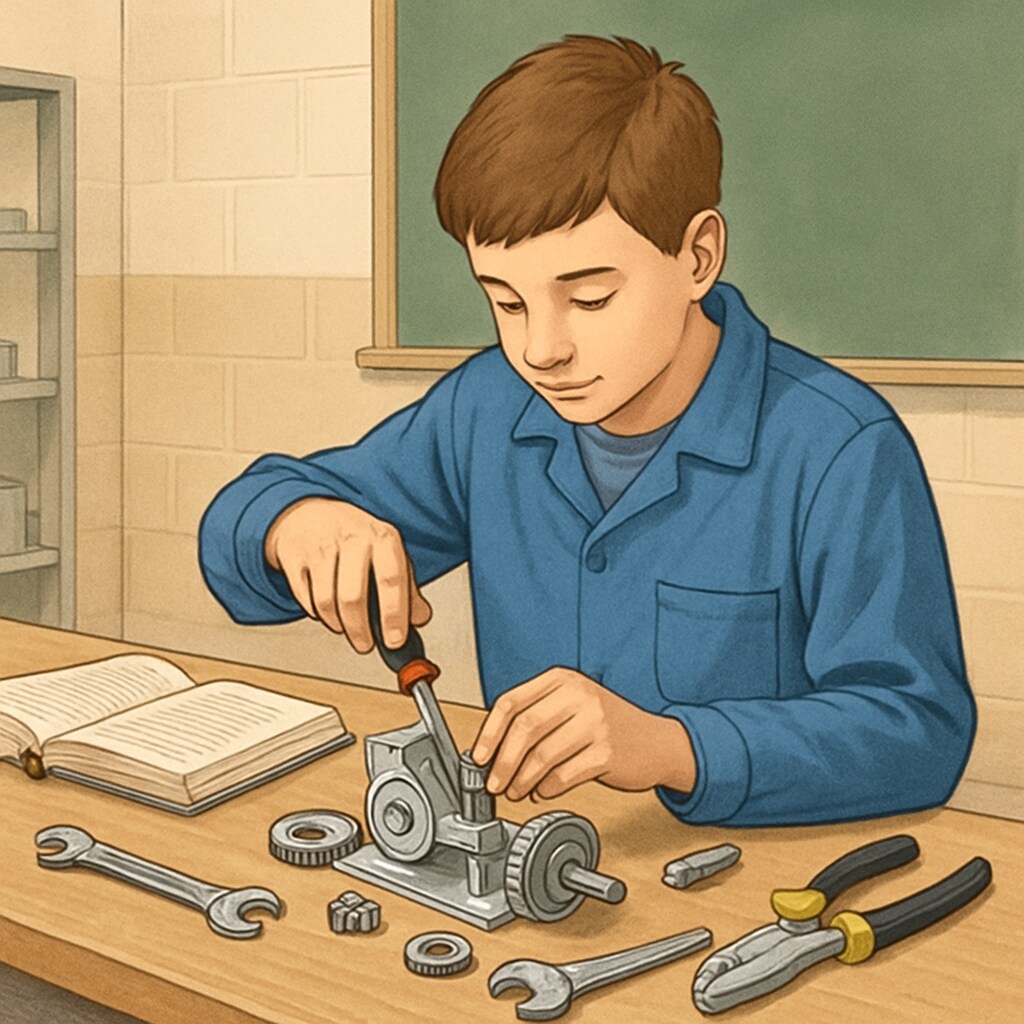GCSE results often spark a whirlwind of academic concerns and career worries for students and parents alike. With so much emphasis placed on achieving high grades, it’s no wonder that less-than-ideal outcomes can leave young people feeling anxious about their future. However, are exam results the only measure of success? This article explores the psychological and career implications of underwhelming GCSE results, highlights the limitations of traditional assessment systems, and discusses alternative pathways like BTECs that can redefine educational and professional success.
The Psychological Impact of GCSE Results
For many students, GCSE results are seen as a defining moment in their academic life. Poor performance can trigger feelings of failure, diminished self-esteem, and heightened anxiety. Parents and teachers often unknowingly exacerbate this pressure by emphasizing grades as the sole determinant of success. As a result, students may feel trapped in a narrative that equates low results with limited opportunities.
It’s important to remember that academic performance is influenced by multiple factors, including mental health, learning styles, and external circumstances. Placing undue weight on a single set of exams can lead to long-term psychological consequences, such as chronic stress or a fear of failure in future endeavors.

Limitations of the Traditional Education System
The traditional education system heavily relies on standardized testing to evaluate students’ potential and achievements. While this approach provides a uniform benchmark, it often fails to encapsulate the diverse talents and skills of individuals. Academic success is just one part of a multifaceted identity, and not everyone thrives in the high-pressure environment of timed exams.
Moreover, the GCSE grading system does not account for creativity, problem-solving, or practical skills, all of which are increasingly valued in modern workplaces. Employers are now seeking candidates with strong communication abilities, teamwork experience, and adaptability—qualities that cannot always be measured by an exam paper.
Redefining Success through Alternative Pathways
Thankfully, alternative educational routes like BTECs (Business and Technology Education Council qualifications) provide a viable solution for students who may struggle with traditional exams. These vocational qualifications focus on practical learning and real-world applications, enabling students to develop skills directly aligned with specific industries.
For example, a student passionate about engineering might find greater success in a hands-on BTEC course than in theoretical GCSE science exams. Similarly, those interested in creative fields like media or design can benefit from project-based assessments that showcase their talents more effectively.
Here are a few key advantages of pursuing alternative pathways:
- Practical Skill Development: BTECs emphasize workplace-ready skills, offering students an edge in job markets.
- Flexible Learning Styles: These programs cater to diverse learners, including those who excel in applied or hands-on settings.
- Pathways to Higher Education: Many universities now accept BTEC qualifications, further broadening future opportunities.
By embracing these options, students can redefine their educational journey and pursue careers aligned with their strengths and interests.

Looking Beyond GCSE Results
While GCSE results may feel like the ultimate benchmark, they are not the only indicator of potential. Many successful individuals have built thriving careers despite setbacks in academic exams. For instance, Sir Richard Branson, founder of Virgin Group, famously struggled with traditional schooling but later achieved monumental success through entrepreneurship and innovation.
To move beyond the stigma of “poor results,” students and parents should focus on long-term growth and exploration. Here are a few practical steps:
- Identify Strengths: Encourage self-reflection to understand personal skills and passions.
- Explore Options: Research alternative qualifications, apprenticeships, or gap years to gain valuable experience.
- Seek Support: Engage with career counselors or mentors to create a tailored development plan.
By broadening their perspective, young people can navigate challenges with resilience and confidence.
Conclusion: Success is Not One-Size-Fits-All
Ultimately, GCSE results are just one chapter in a much larger story. While they can influence immediate opportunities, they do not define a person’s worth or potential. The key is to recognize the limitations of traditional assessments and explore alternative pathways that align with individual strengths and aspirations.
Whether through vocational qualifications like BTECs, apprenticeships, or other flexible learning models, students can forge meaningful careers that reflect their unique talents. By shifting the focus from grades to growth, we can help young people thrive in both education and life.
Success is not confined to a letter grade—it is a journey shaped by perseverance, adaptability, and self-discovery.
Readability guidance: This article uses short paragraphs, clear subheadings, and practical examples to ensure accessibility. It emphasizes active voice and avoids jargon to engage a broad audience.


